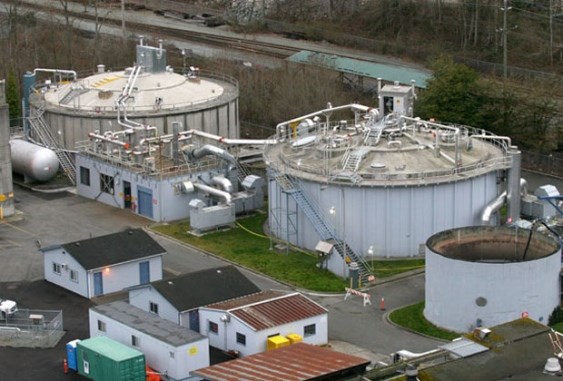The cost of water is rising in the districts of West and North Vancouver - although not by enough, according to one councillor.
The median West Vancouver household will pay $99 more for water and sewer in 2015, for a bill totalling approximately $757.
Those rates aren't sustainable, according to West Vancouver Coun. Craig Cameron. "I'm vehemently against this approach," he said. "We're effectively subsidizing present residents at the expense of the future."
Sewer rates are set to go up by six per cent in 2015 with water fees notching up five per cent.
Cameron suggested a 10 per cent increase would be more appropriate as the district prepares to adapt to more frequent extreme weather events.
"It's going to be less affordable later because there will be a funding shortfall," he predicted.
West Vancouver's new rate structure passed 4-3 with Couns. Bill Soprovich and Nora Gambioli joining Cameron in his opposition.
West Vancouver's 2015 fees are affected by Metro Vancouver's lower-than-predicted sanitary sewer costs, explained district director of engineering Raymond Fung. The wild card in future sewer costs is the unknown price tag on the Lions Gate secondary wastewater treatment plant, which is set to be built by 2020.
"Depending on the amount of senior government cost sharing that we obtain. .. those numbers could increase very significantly but they have not been factored into the Metro Vancouver increases," Fung said.
The Eagle Lake membrane filtration plant has been taking care of half the district's water needs, bringing water to residents at lower prices than those offered by Metro Vancouver, according to Fung.
The district is scheduled to pay off the last of the Eagle Lake loans in 2017.
While West Vancouverites are paying higher rates, most bills are dipping due to water metering, which has resulted in a 25 per cent reduction in water consumption, according to Fung.
Utility rates were far less contentious in the District of North Vancouver.
The council passed a 1.7 per cent increase for water, sewer, recycling and solid waste, adding up to an average increase of $25.70 per homeowner over the year.
A "more modest" capital program and larger contributions to reserves are the main reasons for the small increase, according to the district's chief financial officer Nicole Deveaux.
Single family homes will pay two per cent more for water and 2.2 per cent more for sewer and drainage. The cost of disposing of waste and recycling is slated to inch up by 0.6 per cent.
Secondary suites will be subject to a one per cent bump for water but no increase for sewer, adding up to a total hike of 0.6 per cent.
There will be no extra charge for homeowners with swimming pools. A water use study on pools is ongoing.



